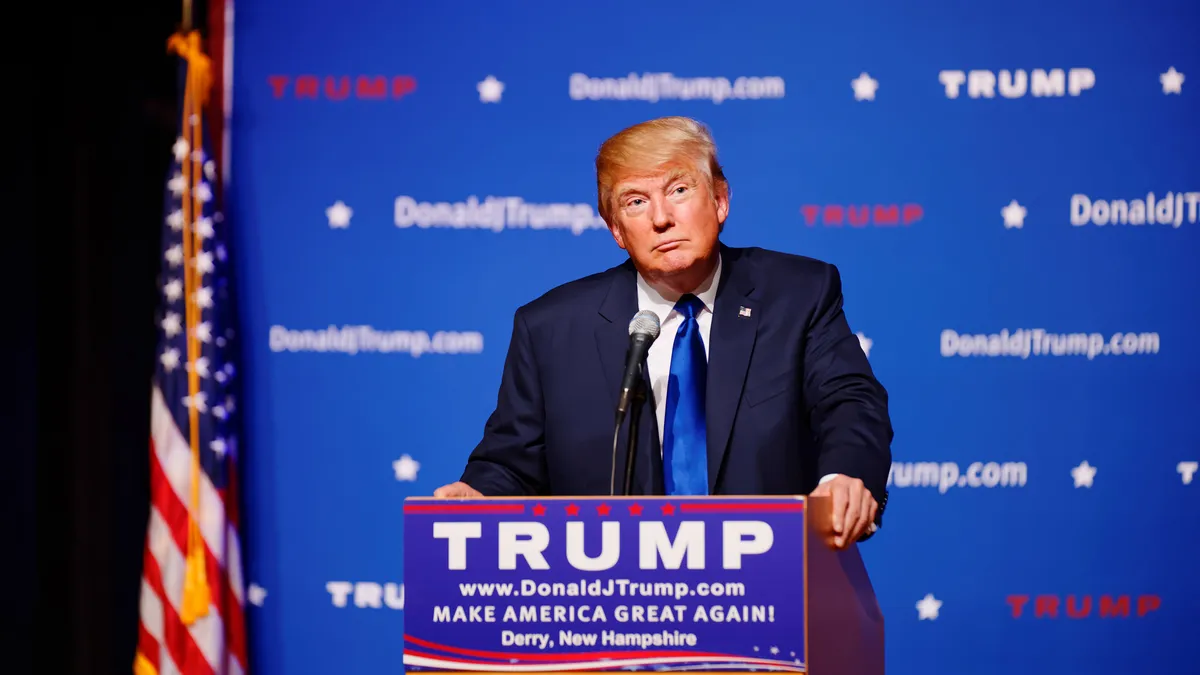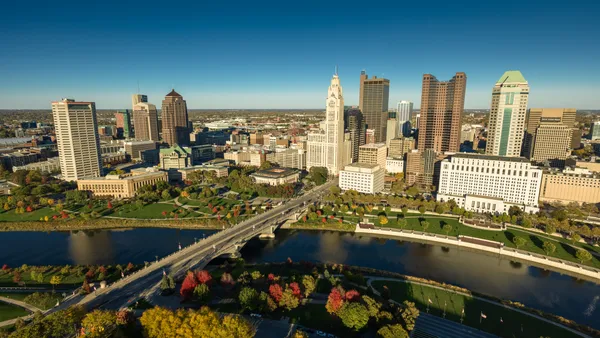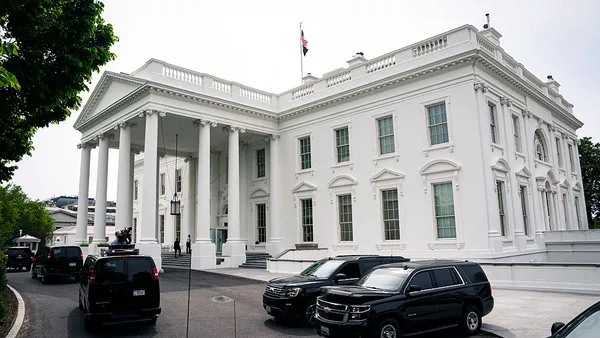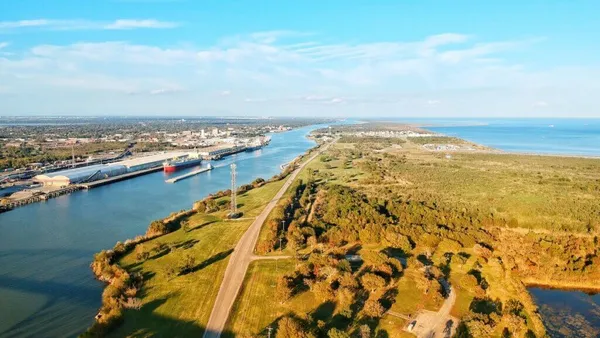Dive Brief:
-
Investment in construction and engineering companies — such as Fluor, Quanta and Jacobs Engineering — is up in anticipation of a significant infrastructure-spending program promised by President-elect Donald Trump, The Wall Street Journal reported.
-
Wednesday's gains were on top of material-stock increases already seen this year by companies like Vulcan Materials Co. and Martin Marietta Materials Inc., which serve the construction industry.
- Although both Hillary Clinton and Trump made infrastructure a part of their campaign platforms, analysts feared that neither would be able to gain enough traction if this week's elections resulted in a divided Congress. However, those concerns have been somewhat quelled as Republicans now have the majority in both the House and Senate.
Dive Insight:
Although the country is deeply divided about the election's outcome, analysts and investors are most likely gung-ho on the prospects of a quick and smooth infrastructure bill process. Industry experts have long cried out for a comprehensive program to fix crumbling roads and bridges, as well as spending for new projects and massive modernization.
In a USA Today op-ed last year, Brendan Bechtel, now CEO of Bechtel, called on Congress to make infrastructure spending a priority. In the run-up to the election, high-profile national leaders like Lawrence Summers, a former U.S. treasury secretary, wrote in The Washington Post that in this time of low interest rates, the U.S. should make fixing the nation's infrastructure a priority. He said that a 1% increase in infrastructure spending would be enough to address the most critical needs while also beginning new projects.
Last month, Trump's financial advisors revealed a $1 trillion infrastructure plan that they said he would push through if elected. The 10-year program — funded almost entirely by the private sector — would not require tax increases and would give hefty tax credits to those investors and developers willing to provide an equity stake and financing for large, revenue-generating projects like toll roads, airports and utilities. The cost of the tax credit, said Trump representatives, would be offset by taxes generated during the construction process.
While the plan, if presented accurately, could represent a huge benefit to the American public, private ownership of public facilities is sure to be a point of contention with House and Senate Democrats.













